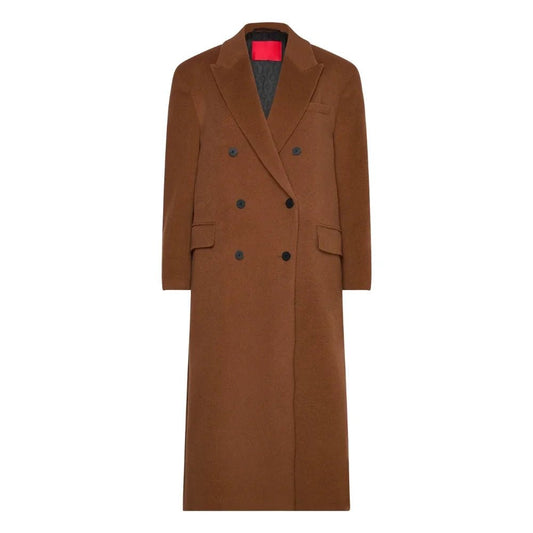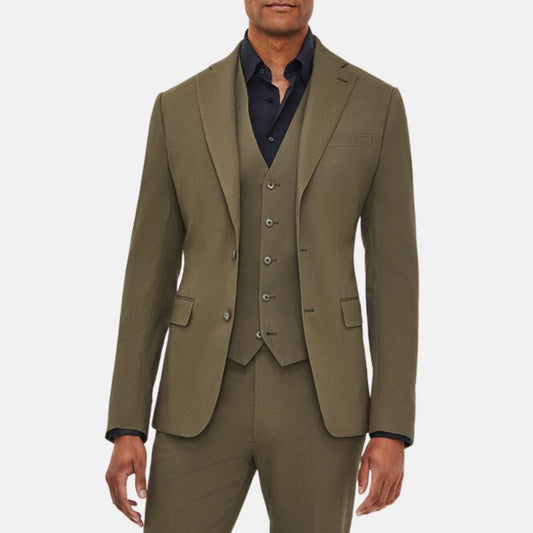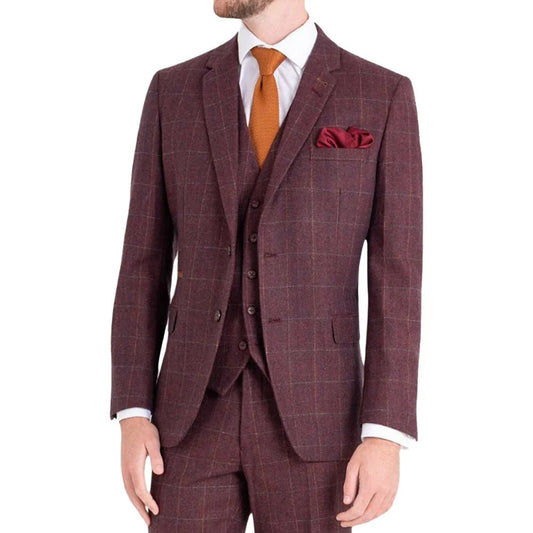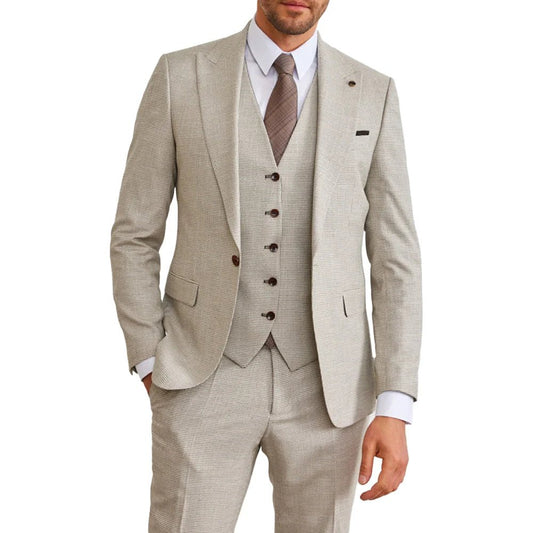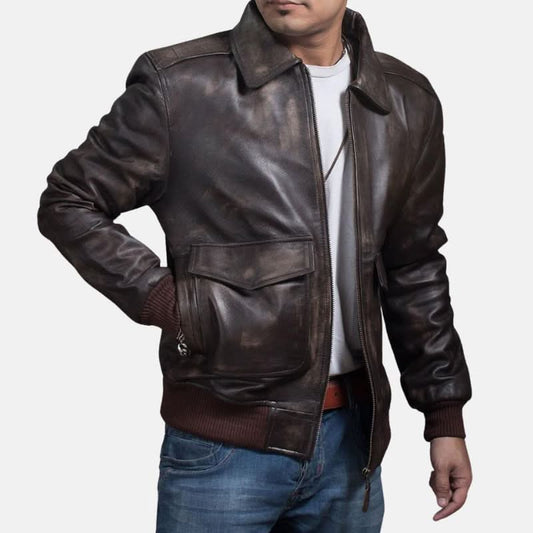


Leather is considered a luxurious and durable material that necessitates specific care, particularly to shield it from water damage.
An in-depth examination of the relationship between Leather Flight Jacket Women's and waterproofing is presented to delineate what leather entails, the methods by which it is water resistant, variables influencing water resistant, and detailed procedural guidelines for waterproofing leather items.
Furthermore, recommendations for preserving waterproofing treatments are furnished, along with an exploration of alternative methodologies for safeguarding leather against water intrusion. Readers are encouraged to peruse this information to uphold the pristine condition of their faux leather products.
Understanding Leather and Waterproofing: Type Of Leather

A comprehensive comprehension of leather and waterproofing is essential for individuals seeking to uphold the durability and quality of their leather goods, whether composed of natural or synthetic Leather Mini Skirt. Leather, a material renowned for its exceptional durability and flexibility, has served as a staple component in an array of products for centuries, ranging from fashion accessories to utilitarian items.
Nonetheless, its inherent properties render it vulnerable to deterioration when exposed to moisture and wet environments. The application of water evaporates measures to leather can substantially augment its ability to withstand water, thereby safeguarding the longevity and functionality of treasured possessions.
What is Leather? Consequences Of Wet Leather
Leather is a versatile and durable material sourced from the tanning of animal hides, predominantly cattle hides, although synthetic leather Trench Coat alternatives have gained popularity in recent years.
Genuine leather is obtained from animal hides and is renowned for its authentic appearance and texture, often featuring distinctive markings and imperfections that contribute to its unique character. In contrast, synthetic leather, produced from materials such as polyurethane or vinyl, offers a more standardized look and is considered cruelty-free.
The tanning process is a critical step in the conversion of raw hides into functional leather through the application of chemical treatments. The quality of leather can vary depending on factors like the type of animal hide utilized, the method of tanning applied, and the thickness of the final product.
Leather is utilized in a diverse array of products, ranging from luxury bags and footwear to furniture upholstery and automotive interiors.
How is Leather Waterproofed? Water Resistant
Leather can undergo waterproofing through various treatments designed to establish a water-resistant barrier on the material's surface. This barrier aids in shielding the leather from moisture and damp conditions.
One frequently employed method to waterproof leather involves the utilization of waterproofing sprays. These sprays create a protective layer on the surface of the Black Leather Skirt, repelling water and preventing its infiltration.
An additional effective technique involves the application of waxes or oils to the leather. These substances function by penetrating the fibers of the leather, and sealing and coating them to enhance the material's resistance to water damage. Plus providing a shield against moisture, these treatments contribute to maintaining the suppleness and overall quality of the leather.
Factors Affecting Leather Waterproofing: Water Resistance

Numerous variables contribute to the efficacy of Leather Blazer waterproofing, encompassing the quality of the leather, the waterproofing method employed, and the regularity of maintenance and reapplication of protective treatments. Leather of superior quality, whether natural or synthetic, typically exhibits enhanced responsiveness to waterproofing endeavors, thereby preserving its durability and longevity over time.
Quality of Leather: Top Grain Leather
The quality of Trendy Leather Jacket is a critical factor in determining its durability and waterproofing capabilities. Higher-quality natural leather and well-constructed top grain leather offer superior results in these aspects.
Full-grain leather is widely regarded as top-tier quality due to its ability to retain the natural grain of the hide, showcasing exceptional rugged durability. Alternatively, top-grain leather, another quality option, undergoes slight alterations on the surface to achieve a more uniform appearance.
On the contrary, bonded leather is composed of bonded leftover leather fibers held together by adhesives, resulting in reduced durability and amount of water resistance. In terms of waterproof material, full-grain leather naturally exhibits resistance to water, while bonded leather may struggle with water damage due to its composition.
Types of Waterproofing Techniques: Different Types Of Leather
There exist various waterproofing techniques for Women's Leather Shoes, each entailing distinct treatments to seal the surface and establish a water-repellent barrier.
One prevalent approach involves utilizing waterproofing sprays, which offer a convenient application method and a rapid means of safeguarding leather from moisture. These sprays function by creating a thin, imperceptible coating on the leather surface that repels water. While sprays are efficient and easy to use, they may necessitate frequent reapplication, particularly following exposure to heavy rainfall or prolonged use.
Another favored method entails treating leather with waxes or oils, which deeply penetrate the material to deliver enduring waterproofing. Waxes and oils have the potential to darken the leather and modify its appearance, a transformation that might not align with the preferences of all users.
Waterproofing Leather Products: Faux Leather
The process of waterproofing faux leather products encompasses a systematic procedure designed to provide comprehensive protection against water and moisture, thereby enhancing the durability and longevity of the items. Whether waterproofing leather accessories such as bags and shoes or larger leather goods like Brown Leather Jacket and furniture, adherence to the correct steps is imperative to achieve optimal outcomes.
Step-by-Step Guide to Waterproofing: Nubuck Leather
This comprehensive guide on waterproofing leather provides a step-by-step approach to applying the necessary treatments to safeguard your items from moisture and wet conditions.
The process begins with a thorough cleaning of the leather surface using a mild soap or leather cleaner to eliminate any dirt or residue. Subsequently, it is imperative to ensure the leather is entirely dry before proceeding further.
The subsequent step involves selecting a high-quality waterproofing treatment that is appropriate for the particular type of leather Penny Loafers being treated. The treatment should be applied uniformly using a soft cloth or sponge, ensuring complete coverage of the entire surface area. Following the application, the leather should be allowed to dry entirely following the product guidelines, typically in a well-ventilated environment away from direct sunlight.
Adhering to these meticulous steps will effectively contribute to preserving the longevity and quality of your leather goods.
Maintaining Waterproofing on Leather: Level Of Water Resistance
It is crucial to uphold the waterproofing on leather Mens Loafers to guarantee continual protection and to preserve the material in optimal condition for an extended duration. Diligent care and routine maintenance will not solely maintain the effectiveness of the waterproofing treatment but also improve the durability and aesthetics of your leather items.
Tips for Prolonging Waterproofing: Leather Goods
To sustain the efficacy of waterproofing on leather, it is imperative to adhere to specific care and maintenance guidelines that aid in preserving the protective barrier.
Routine cleaning plays a vital role in upholding the waterproofing of leather Black Jacket, as the accumulation of dirt and grime can compromise the protective barrier. Exposure to extreme conditions such as direct sunlight, heat, or excessive moisture should be avoided, as these factors can contribute to the deterioration of the waterproofing. It is advisable to periodically reapply waterproofing treatments to fortify the protective barrier and ensure enduring defense against water-induced damage.
By integrating these straightforward recommendations into your leather maintenance regimen, you can prolong the durability of the waterproofing and retain the pristine appearance of your leather possessions.
Alternatives to Waterproofing Leather: Suede Synthetic Leather

Although waterproofing is a commonly utilized technique to shield leather Moto Jacket from moisture, there exist several alternative methods that can equally offer efficient protection and bolster the longevity of leather products. These alternatives should be evaluated according to the particular requirements and inclinations of the individual.
Other Options for Protecting Leather from Water: Make Leather
Additional methods for safeguarding leather from water damage include utilizing water-resistant covers, applying specialized leather Aviator Jacket Men's conditioners, and selecting leather varieties that possess innate water-repellent properties.
Water-resistant covers serve as a practical solution for creating a physical barrier that shields leather from potential water-related harm. Typically crafted from materials such as waxed canvas or synthetic fabrics, these covers effectively repel moisture. They prove particularly advantageous in scenarios where leather articles require frequent protection from environmental elements, such as during outdoor pursuits or while traveling in inclement weather conditions.
In contrast, specialized leather conditioners offer a targeted approach by nourishing and sealing the leather to augment its inherent water resistance. This method is conducive to upholding the overall quality and aesthetic appeal of leather goods, rendering it a suitable choice for regular upkeep and maintenance.
See Our Trending Blog: What Is Nubuck Leather

Frequently Asked Questions
Is leather waterproof?
No, leather is not waterproof. While it can resist water to some extent, it is not completely waterproof.
Do I need to treat my leather products to make them waterproof?
Yes, it is recommended to apply a waterproofing treatment to your leather products to help make them more resistant to water.
Can I wear my leather jacket in the rain?
While leather jackets can withstand a light drizzle, it is not recommended to wear them in heavy rain as they are not completely waterproof.
What happens if my leather gets wet?
If your leather gets wet, be sure to dry it off with a clean cloth and then let it air dry. Do not use a hair dryer or any other source of heat as it can damage the leather.
Can I use leather products in water activities like swimming or boating?
No, leather is not suitable for water activities as it can become damaged and lose its quality if exposed to water for long periods of time.
How can I make my leather products more waterproof?
Plus using a waterproofing treatment, you can also avoid exposing your leather products to water and moisture as much as possible. Store them in a dry place and avoid wearing them in rainy or wet conditions.

